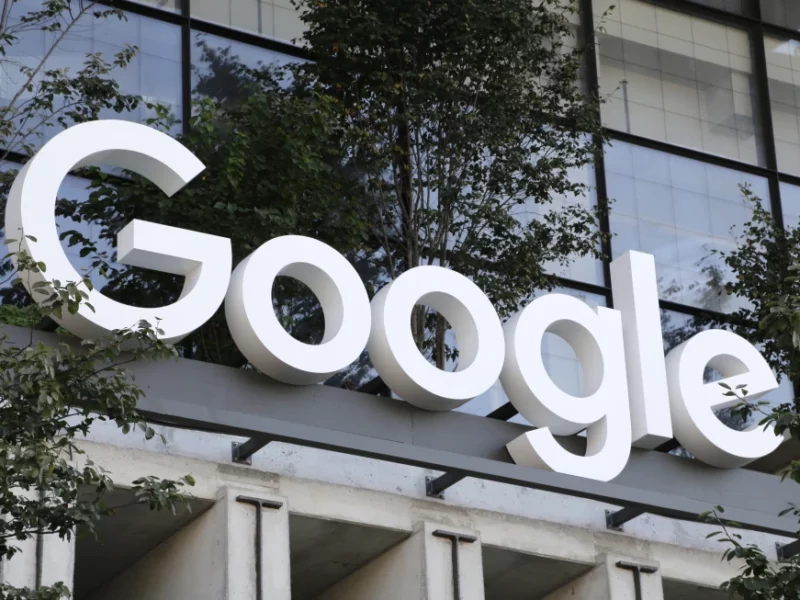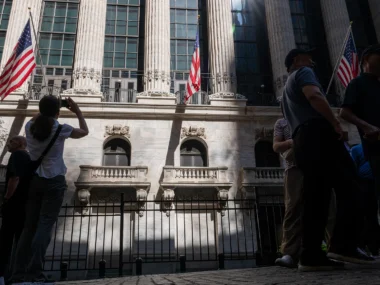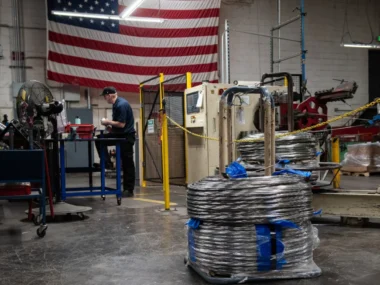A senior Google executive stated in court on Thursday that the company’s success is tenuous and that its management is concerned that its product may become outdated for younger internet users.
Google’s senior vice president for knowledge and information products, Prabhakar Raghavan, testified on behalf of the internet giant in the largest antitrust trial in the previous 25 years. The corporation has been charged by the authorities with forcibly preventing rival search engines from gaining ground against its well-known one.
Raghavan played down Google’s hegemony, seeing it as a firm surrounded by rivals. According to him, younger audiences have dubbed the corporation “Grandpa Google” since they don’t find its offering particularly intriguing.
Raghavan remarked, “Grandpa Google will help you with your homework and knows the answers.” “But they prefer to start elsewhere when it comes to doing interesting things.”
The Fortune magazine article from 1998 that said, “Yahoo! has won the search-engine wars and is poised for much bigger things,” was presented to Raghavan by Google’s legal team.
According to Raghavan, a former Yahoo employee, Google invests a significant amount of money in research and development to try to remain ahead of the curve as technology advances.
“I have a strong desire to avoid becoming the next roadkill,” he remarked.
He listed numerous improvements Google has made to its search engine over the past twenty-plus years, ranging from altering how advertising compete for space on a page of search results to enhancing the match between a user’s query and the answers he is genuinely looking for.
According to information provided by the Justice Department, Google paid Apple and other businesses billions of dollars a year to lock in Google as the default search engine on iPhones and other popular goods, securing its dominance in the search market.
Additionally, a Microsoft executive testified that Google’s dominant position becomes self-fulfilling since it leverages the billions of searches it performs to compile data that enhances the effectiveness of subsequent searches.
Google claims that the reason their search engine is so popular is that it outperforms its rivals in terms of quality. The business claimed that compared to rivals like Microsoft, it made investments in mobile devices and other cutting-edge technology earlier, and that those moves are now paying off.
It also included data showing that, in situations where a different search engine is available as the default option, users almost always choose Google.
In his evidence, Raghavan said that Google’s rivals include a variety of “verticals” that people use to make travel and eating arrangements, such as Yelp and Expedia, in addition to more conventional search engines like Microsoft’s Bing.
He remarked, “We feel like we’re in competition with them every day.”
During the Trump administration, in 2020, the largest antitrust case since the Justice Department pursued Microsoft for controlling the majority of internet browsers was launched. In the coming month, Google is anticipated to make its case during the trial, which started last month.
It is anticipated that U.S. District Judge Amit Mehta will make a decision early in 2019. How to limit Google’s market dominance will be decided in a subsequent trial if he finds the company violated the law. Prohibiting Google from bribing businesses to set itself as the default search engine is one possibility.
The Justice Department has sued Google for similar antitrust violations in Alexandria, Virginia, citing the company’s advertising technology. Trial in that case has not yet taken place.











